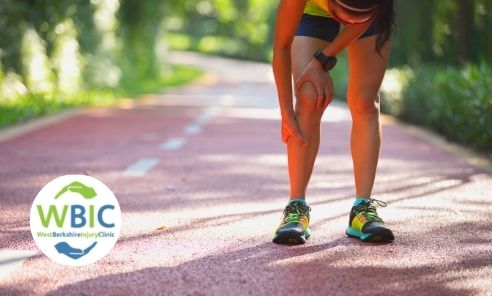Dehydration and cramp can be a serious problem in warmer weather. The two tend to go hand in hand however you certainly can have one without the other.
What Is Dehydration?
Dehydration occurs when you use or lose more fluid than you take in, and your body doesn’t have enough water and other fluids to carry out its normal functions. If you don’t replace lost fluids, you will get dehydrated. Anyone may become dehydrated, but the condition is especially dangerous for young children and older adults.
Dehydration also can occur in any age group if you don’t drink enough water during hot weather — especially if you are exercising vigorously. [Read more about Training in the Heat]
You can usually reverse mild to moderate dehydration by drinking more fluids, but severe dehydration needs immediate medical treatment.
What Causes Cramp And How To Avoid It?
Overuse of a muscle, dehydration, muscle strain or simply holding a position for a prolonged period can cause a muscle cramp. In many cases, however, the cause isn’t known. Although most muscle cramps are harmless, they can be very painful at the time. Muscle cramps most commonly occur either after vigorous exercise or whilst sleeping.
The following tips may help you avoid leg cramps while sleeping:
- Drink plenty of fluids. Fluids allow for normal muscle function.
- Stretch your legs after exercise and before bed.
- Ride a stationary bike to help move lactic acid out of your muscles.
- Change your sleeping position.
- Avoid heavy or tucked-in bedding or sleeping awkwardly to accommodate pets.
- Choose supportive footwear during the day.

Dehydration and cramp when exercising
When playing sports, most people find that a balanced diet containing some salty foods and proper hydration with a sports drink will stave off cramping. For those who are prone to severe muscle cramps or who are salty sweaters, that may not be enough.
The most common cause of muscle cramps during sports activity is not getting enough fluids. Often, drinking water will ease the cramping. However, water alone does not always help. Salt tablets or sports drinks, which also replenish lost minerals, can be helpful.

